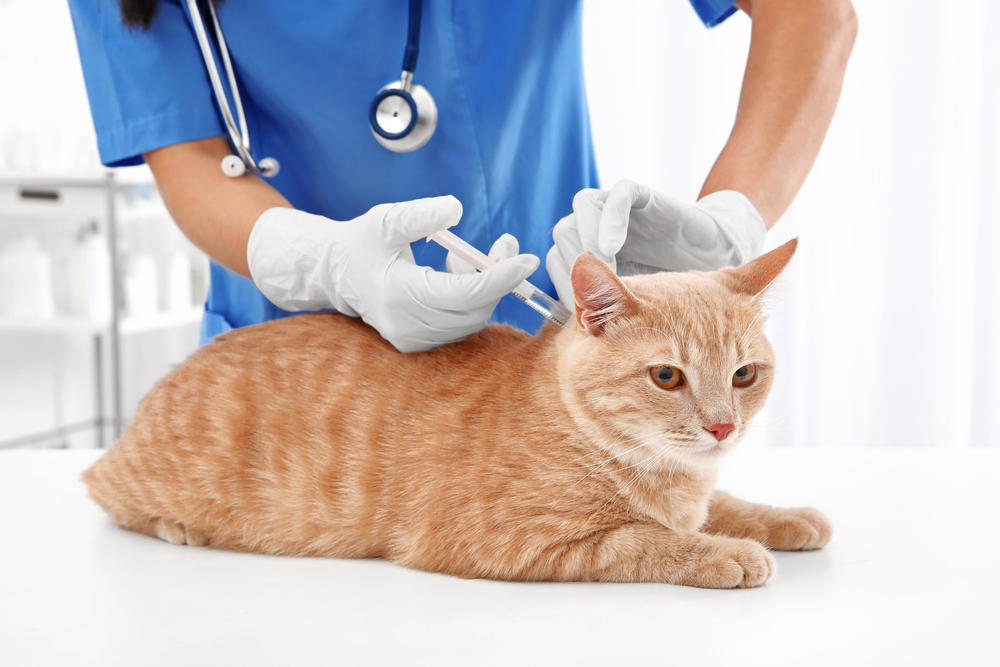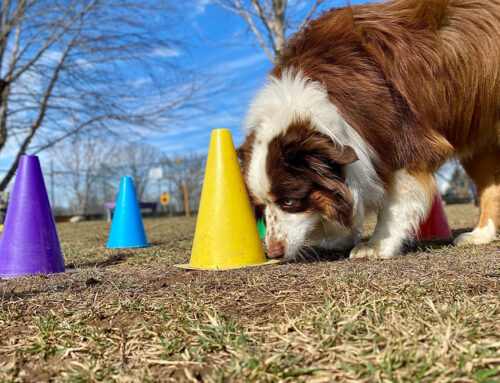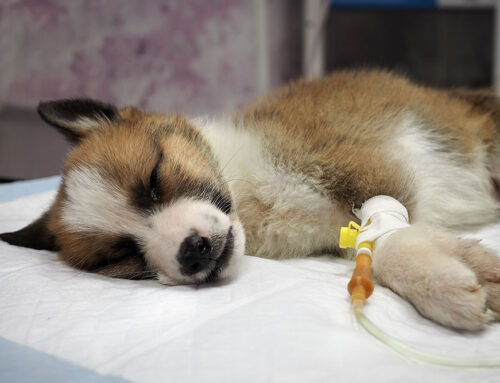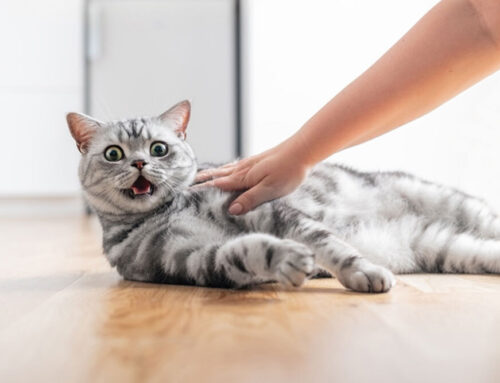Do not let a cat’s independent nature fool you—they are actually quite vulnerable creatures. Three devastating infectious viral diseases can bring suffering and heartache to cats and their owners. Knowledge and proactive care from Countryside Veterinary Hospital are the best means for ensuring your cat is protected against these diseases, and they maintain their health, and their independent streak.
#1: Feline leukemia virus in cats
Feline leukemia virus (FeLV) is a significant health risk to cats worldwide, and the most common cause of feline cancer. FeLV-infected cats often succumb to lymphoma, anemia, or secondary infections, and 85 percent of cats with FeLV live three years or less following diagnosis.
- FeLV transmission — FeLV is shed in the bodily fluids of infected cats and transmitted from cat to cat through:
- Prolonged close contact
- Grooming
- Bite wounds
- Shared resources (e.g., bowls, litter boxes)
- Infected mother’s milk to kittens in utero
- FeLV progression — Shortly after infection, cats may experience a temporary, often unnoticed, infection that lasts several weeks. For most cats, the infection clears, or moves into a latent phase, but may emerge months to years later.
- FeLV treatment — FeLV cannot be treated or cured. Once cats are symptomatic for a condition caused by FeLV (e.g., cancer, blood and neurologic disorders, or secondary infections), they may be managed medically for varying amounts of time. Ultimately, they will be unresponsive to medical intervention because of their failing immune system.
- FeLV management — Cats with FeLV should be kept strictly indoors and housed separately from uninfected cats, to prevent spread of disease. Regular veterinary care is important, to monitor for clinical signs. Quality nutrition and preventive care are the best ways to provide immune support, and to avoid potentially lethal secondary infections or viruses.
#2: Feline immunodeficiency virus in cats
Feline immunodeficiency virus (FIV) is a debilitating immune system disorder that leaves infected cats vulnerable to other conditions such as cancer, blood disorders, and immune-mediated disease. As with FeLV, cats with FIV are especially vulnerable to more serious issues from formerly minor secondary infections and illnesses.
- FIV transmission — This virus requires direct cat-to-cat contact for transmission, most often through deep bite wounds. FIV is most prevalent in outdoor intact male cats, although all exposed cats are susceptible to infection.
- FIV progression — After an early acute infection lasting four to six weeks, FIV can exist in a permanently dormant state. FIV replicates slowly in the body, and infected cats can lead relatively normal lives for four to eight years with no visible signs. However, asymptomatic cats are infective to others, and must be kept indoors. New cats should be tested for FIV at Countryside Veterinary Hospital before entering the home. The virus sometimes evolves years later, and at that stage, the cat’s compromised immune system will allow diseases such as cancer, neurologic disorders, and secondary infections to take hold.
- FIV management — FIV has no cure or treatment, but the virus is not a death sentence. Infected cats can live symptom-free for many years with careful management. Be aware of these facts:
-
- Friendly cats may continue to live with FIV-negative cats.
- FIV-positive cats should be kept strictly indoors.
- Introducing a new FIV-negative cat to the household is discouraged.
- Routine veterinary care, nutritional support, and rapid care of any disease signs is strongly recommended for maintaining quality of life.
#3: Feline infectious peritonitis in cats
Feline infectious peritonitis (FIP) originates as an intestinal coronavirus, which is common in shelters and catteries where many cats are housed together. Kittens and young cats are most frequently affected, but show only mild gastrointestinal or respiratory signs. In 10 percent of infected felines, the virus mutates to become FIP, a fatal disease that sparks inflammation throughout the body.
- FIP transmission — Virus transmission is primarily fecal-oral, making shared litter boxes the most common source. Less frequently, FIP is spread through close contact by respiratory droplets or saliva, or across the placenta to unborn kittens.
- FIP progression — The time between initial infection and virus mutation can vary, but FIP first appears with generic signs, such as fever, lethargy, and inappetence. In time, FIP’s hallmark inflammatory process is evident, with cats experiencing some or all of the following:
- Fluid accumulation, which appears as a swollen abdomen or difficulty breathing
- Neurological signs, including seizures caused by central nervous system inflammation, lack of coordination, and muscle failure
- Vision changes, if FIP attacks the ocular tissue
- FIP management — Unfortunately, FIP is 100 percent fatal, but because of its mutated nature, only the feline intestinal coronavirus is transmissible to other cats. Survival can vary from one week to several months, depending on the area of inflammation.
Protecting cats against viral infectious diseases

Vaccinations are available for FeLV and FIV. FeLV vaccination is recommended for all young cats, while FIV vaccination is limited to cats at risk for disease. While no vaccine is 100 percent effective, both vaccines significantly reduce infection risk. No vaccination is available for FIP, although advances in research are helping to isolate the specific mutation that causes the disease.
Because the treatment options are poor, virus prevention is the best course of action for all cats. Keep the following in mind:
- Test a new cat for FeLV and FIV before bringing them home.
- Keep all cats indoors, if possible.
- Follow veterinary recommendations regarding vaccinations.
- Foster lifelong health through routine wellness care, proper nutrition, parasite prevention, and clean living quarters.
To schedule an appointment for your cat to be tested for, or vaccinated against, feline leukemia virus, feline infectious peritonitis, or feline infectious peritonitis, contact Countryside Veterinary Hospital. Protect your pet from these three viruses to help ensure they live a long, healthy life.








Leave A Comment